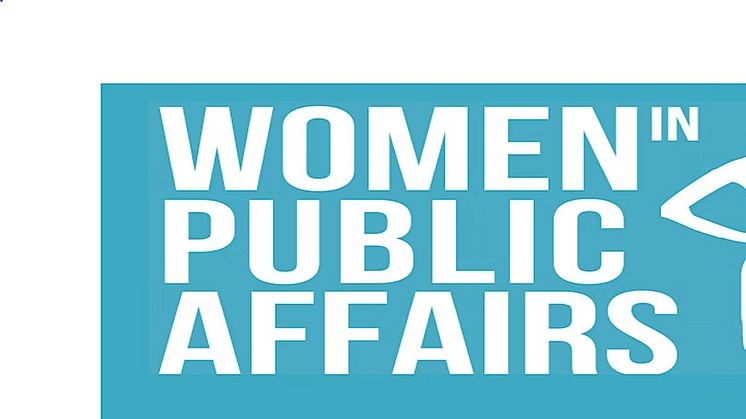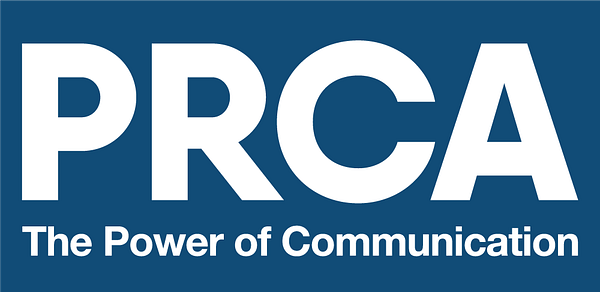
Press release -
Transparency on pay and working patterns needed as 96% of women in public affairs worry about the cost-of-living crisis
Effects on mental health, increased travel expenses, and low transparency on pay and working patterns are key areas of concern, according to latest figures from WiPA’s survey of public affairs professionals.
The annual Women in Public Affairs (WiPA) survey, led by research agency Opinium, has today (Thursday 19 January) revealed that an overwhelming majority (96%) of women working in the public affairs industry are worried about the cost-of-living crisis. Over half (51%) of respondents say they are worried about the impact on their mental health and are concerned that they will need to reduce essential spending (53%).
Some employers have taken steps to support their workers, with over a quarter (28%) offering their employees a pay rise, whilst 25% of respondents were given a one-off bonus payment to help mitigate these costs. However, many women have highlighted that support from their employers has not been sufficient with calls for increased flexibility in working patterns to offset travel costs and the price of childcare. Our latest survey showed that one in three (34%) are not receiving any additional support from their employer.
The survey also revealed that transparency in the industry has not increased significantly in the past year. The most striking change has been an 11% increase in job adverts not disclosing salaries compared to last year. Just half (50%) of public affairs employers across the public and private sector publish their maternity policy, and only a third (34%) publish their gender pay gap.
Together, mounting pressure on household costs and low visibility of pay progression means that women working in the industry are taking steps to reduce spending and just over a quarter (27%) are expecting to move jobs because of the cost-of-living crisis.
The survey also found that:
● Women working in public affairs still don’t feel they are paid the same as their male colleagues.Similar to last year’s survey results, 32% of women believe pay differs for men and women at the same level in their business, with the number rising to 42% in larger companies with 250+ employees.
● A majority of women working in public affairs work from home in some capacity. 36% work two days in the office, three days at home. Only 4% work in the office full time.
● Gender pay gap reporting is far less common in agencies, compared to in-house public affairs roles. 45% of respondents working in-house said that their company published their gender pay gap, versus just 15% of agency respondents.
In response to the findings, WiPA continues to call on public affairs employers to publish their pay bands in 2023 in order to help women in the industry make informed decisions. The network will also be launching events aimed at increasing awareness of salary expectations and events focused on promoting progression in the industry for women, particularly aimed at those who identify as a minority.
WiPA Co-Chairs, Melanie Fernandes and Anne Mirkovic, said: “It is abundantly clear that the cost-of-living crisis is impacting women in public affairs, with over a quarter of respondents considering moving jobs. On top of this, our fourth industry survey also demonstrates that the majority of the industry is still sadly lagging behind on transparency over pay and working patterns.
We are urgently calling on employers to ensure that they are doing everything possible to support women from all backgrounds during this difficult economic period. Publishing pay bands, maternity policies and clear action plans on how they will address the gender pay gap, whilst supporting evolving working patterns in their businesses, are critical steps to help address inequality. There’s no time to waste and employers must act swiftly or risk losing top talent”.
Opinium Senior Research Manager, Ande Gilmartin said: “Four years in, our survey has taken us all the way from pre-pandemic times through to the post-pandemic effects we are feeling today.
Women have always faced challenges in this male-dominated industry, but the alarm bells are well and truly ringing with the backdrop of the cost-of-living crisis. With childcare and travel costs rising and pay not keeping up with the spike in inflation, women are facing a crisis, and it shows, with over a quarter considering moving jobs. If we are to hold onto the vast amount of talent that exists out there, and to not slide back into the ‘boys’ club’ days, the public affairs industry must step up and ensure that women, particularly working mothers, are supported and looked after.”
The survey received 359 responses from women working in the industry. Respondents were equally spread amongst those who have worked in the industry for less than two years, to over 10 years. The majority of respondents do not have any dependents (76%) and only 12% of respondents identify as an ethnic minority.
The socioeconomics also revealed that the majority of female respondents are working in London (75%) and 52% attended a comprehensive school. 67% of respondents were aged between 18-34.
Read the full report here.
Topics
The Public Relations and Communications Association (PRCA) is the world’s largest professional PR body.
Representing 35,000 PR professionals in 82 countries worldwide, we are a global advocate for excellence in public relations. Our teams across Europe, the Middle-East and Asia-Pacific work with professionals around the world to co-ordinate our operations across six continents.
Our mission is to create a more professional, ethical, and prosperous PR industry. We champion - and enforce - professional standards around the world through our Professional Charter and Code of Conduct. The Code compels members to adhere to the highest standards of ethical practice.
We deliver exceptional training, authoritative industry data, and global networking, and development opportunities.
We also manage the International Communications Consultancy Organisation (ICCO) - the umbrella body for 41 PR associations and 3,000 agencies across the world. Additionally, we support the delivery of the Motor Industry Communicators Association (MICA).

